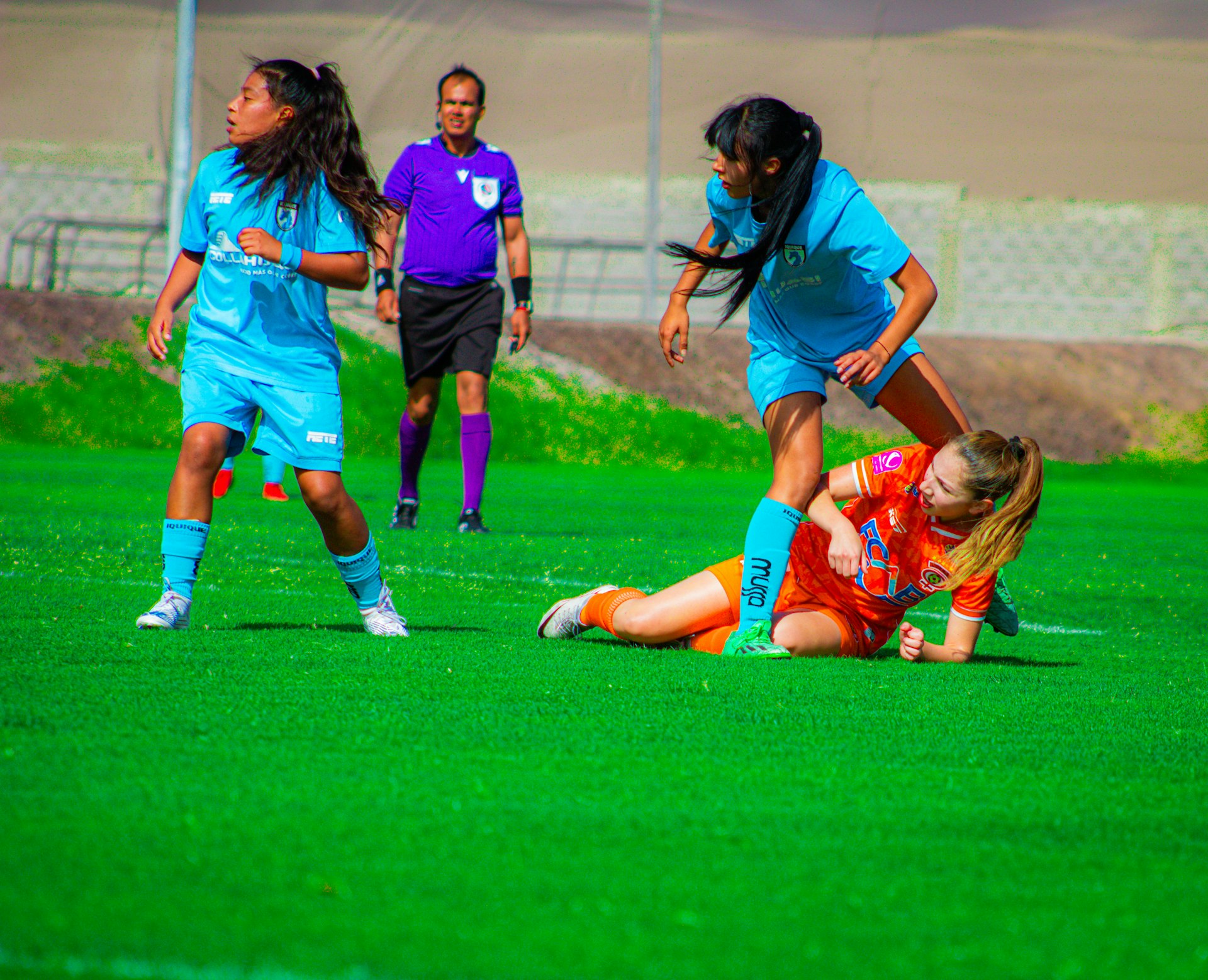Athlete Activism: Driving Social Justice Movements On and Off the Field

Photo by Guillaume Issaly on Unsplash
Introduction: The New Era of Athlete Activism
Modern athletes have become more than sports icons-they are outspoken advocates for social justice, equality, and systemic change. Leveraging their visibility, these individuals highlight pressing social issues, influence public debate, and often inspire policy shifts within and beyond sports. This article explores the evolution of athlete activism, provides examples across history and today, and offers guidance on supporting or participating in social justice movements led by athletes.
Historical Roots: How Athlete Activism Shaped Movements
Athlete activism has deep roots, particularly in the United States. In the 1960s and 1970s, the Civil Rights and Black Power movements ignited a wave of political engagement among athletes. Icons such as Muhammad Ali, Jim Brown, and Bill Russell used their positions to demand dignity, respect, and justice for marginalized communities. One of the most enduring images of this era occurred at the 1968 Olympics, where Tommie Smith and John Carlos raised their gloved fists in a silent protest during the medal ceremony. Their symbolic act, protesting racial discrimination and advocating for human rights, reverberated globally. Although Smith and Carlos faced backlash-including expulsion from the Games and public ostracism-their courage paved the way for future generations of athlete activists [1] [4] .
Contemporary Athlete Activism: Breaking the Silence
Today’s athletes continue to build on this legacy, harnessing their influence to champion causes ranging from racial equity to gender parity and disability rights. A notable example is Colin Kaepernick, who, in 2016, began kneeling during the U.S. national anthem to protest police brutality and systemic racism. His action sparked a nationwide conversation and inspired similar demonstrations across professional sports, even as he faced professional and personal repercussions [2] [3] .
Other athletes have followed suit. Megan Rapinoe, captain of the U.S. Women’s National Soccer Team, knelt in solidarity with Kaepernick, advocating for equality and LGBTQ+ rights. In basketball, both NBA and WNBA players have worn apparel bearing victims’ names, organized game boycotts, and spoken directly about injustices affecting their communities. Tennis champion Naomi Osaka wore face masks displaying the names of victims of police violence during the 2020 U.S. Open, using her global platform to amplify marginalized voices [2] [3] .
Modern Movements and Impact
The influence of athlete activism extends beyond individual protests. Athletes have catalyzed broader social movements, such as the Black Lives Matter protests and campaigns for equal pay in women’s sports. NASCAR driver Bubba Wallace painted his car with the Black Lives Matter logo, drawing attention to race issues in a historically non-diverse sport. Soccer player Carson Pickett, the first athlete with a limb difference to play for the U.S. Women’s National Team, has become an advocate for disability awareness, using her story to inspire others and challenge stereotypes [5] .
These actions often result in tangible changes: leagues have revised policies on social justice messaging, sponsors have shifted their support in response to public sentiment, and fans have become more engaged in community activism. However, the journey is not without obstacles-athletes frequently face criticism, loss of endorsements, or even professional exclusion for their activism. Yet, for many, the potential for positive change outweighs personal risk [2] .
How to Support or Participate in Athlete-Led Social Justice Initiatives
If you wish to support or join these movements, consider the following steps:

Photo by Nathan Dumlao on Unsplash
- Educate Yourself and Others: Learn about the issues athletes are addressing. This may include researching racial justice, gender equity, or disability rights. Follow reputable sources, read books, and attend community forums.
- Engage on Social Media: Follow athletes and organizations leading change. Share verified information and amplify their messages. Social media can help spread awareness, but always fact-check before reposting.
- Support Athlete-Led Foundations: Many athletes create charitable foundations or partner with existing nonprofits. While exact links for each initiative may change, you can search for official athlete websites or reputable charities by name. For example, visit the official websites of organizations mentioned in news articles or athlete profiles, or search for the athlete’s name plus “foundation” for direct access.
- Attend Events and Rallies: Participate in public demonstrations, fundraisers, or community events organized by athlete activists. Event information is often shared on official league sites or through athletes’ verified social media channels.
- Advocate Within Your Community: Contact local sports teams, schools, or community centers to discuss ways to incorporate social justice education and inclusive practices. You may be able to organize workshops or invite speakers who are experienced in this area.
- Purchase Official Merchandise: Buying official merchandise from leagues or athletes that supports social justice causes is another way to contribute. Always verify that proceeds benefit the intended cause by reviewing official league or team press releases.
Challenges and Solutions in Athlete Activism
Challenges: Athlete activists often face backlash, including professional risks, public criticism, and personal threats. Institutional resistance-such as league policies restricting political expression-can complicate efforts to speak out. Additionally, misinformation and online harassment can undermine advocacy efforts.
Solutions: To address these challenges, athletes and their supporters should prioritize safety and mental health. Building coalitions with other advocates, maintaining consistent messaging, and working with legal or media professionals can help. Fans and allies can support by advocating for policy changes within leagues and promoting a culture of respect around athlete expression.
Alternative Approaches to Social Justice in Sports
While public protest is one form of activism, athletes also contribute to social justice through mentorship programs, youth outreach, and educational initiatives. For example, many run sports clinics in underserved communities or partner with schools to promote leadership and inclusivity. Engaging in dialogue with team owners, sponsors, and governing bodies can also facilitate institutional change. For those interested in these approaches, consider reaching out to local sports organizations, volunteering with youth sports leagues, or connecting through community advocacy groups.
Key Takeaways
Athlete activism is a powerful force for social change, with a rich history and ongoing relevance. By using their platforms, athletes raise awareness, challenge injustice, and inspire collective action. Whether you are a fan, fellow athlete, or community member, there are many ways to support or participate in these movements-through education, advocacy, and direct action. Always seek verified information, prioritize safety, and engage respectfully to help build a more equitable and just society.
References
- Freedom Forum (2024). 10+ of the Most Prominent Sports Protests of All Time.
- Breakthrough U.S. (2019). Social Justice Activism in Sports.
- San Jose State University ScholarWorks (2020). Attitudes Toward Social Activism by Professional Athletes.
- OpenLearn (2022). ‘Shut Up and Play’: A Brief History of Athlete Activism.
- World Economic Forum (2022). 4 Activist Athletes Helping to Change the World.



